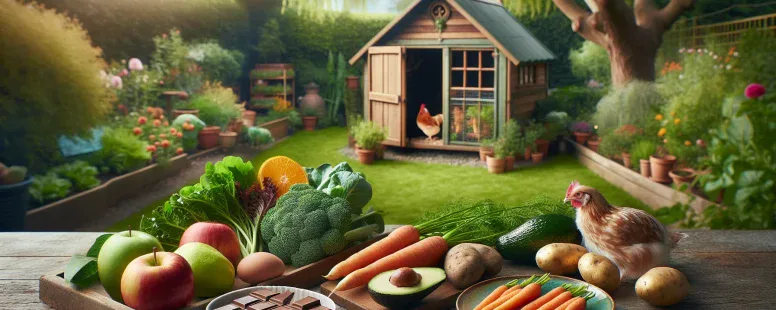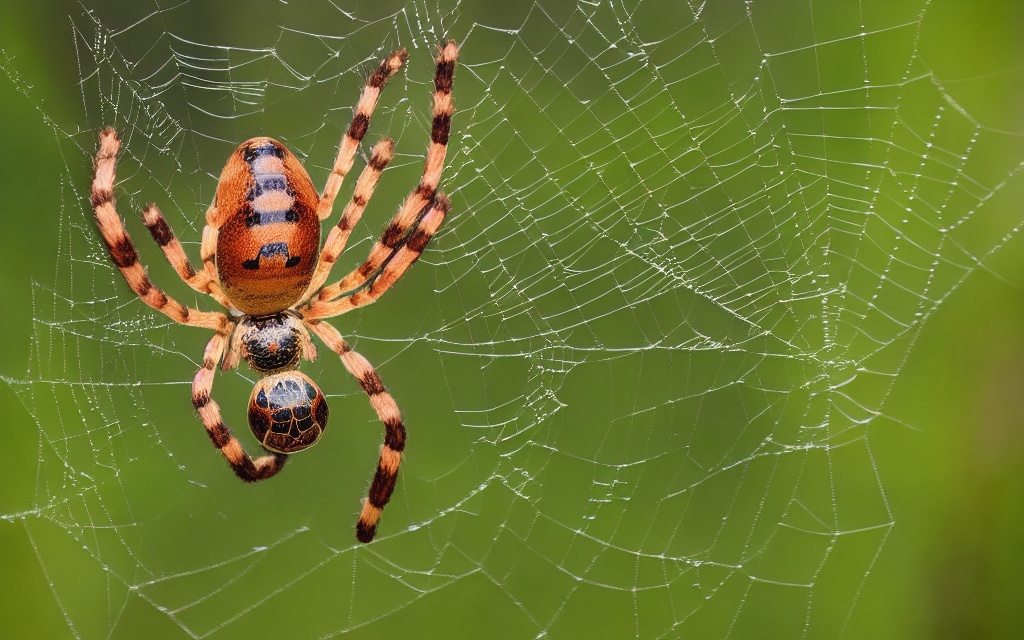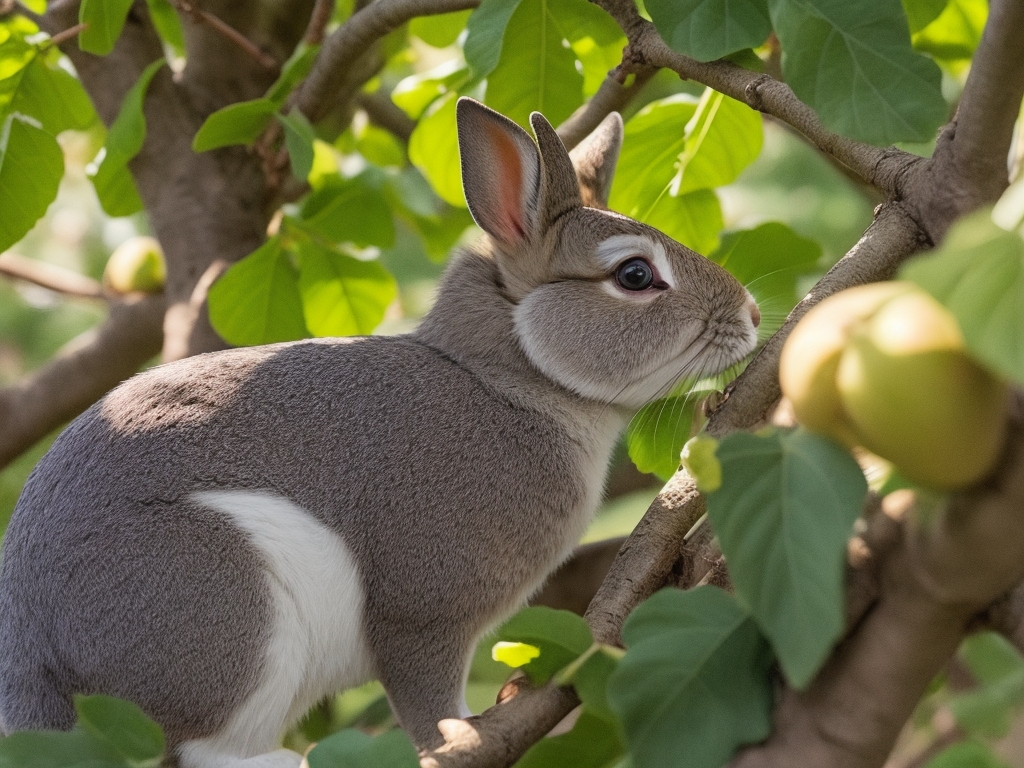What Not to Feed Chickens in Your Backyard
Raising chickens in your backyard can be both a productive and rewarding experience. But, ensuring their health and well-being requires careful consideration, particularly their diet. Providing the wrong kinds of food can negatively impact their health, egg production, and overall quality of life, sometimes with irreversible effects. Are you aware of what food items might pose risks to your feathered companions? In this guide, we’ll navigate the specifics of what constitutes an inappropriate or harmful diet for chickens, equipping you with the knowledge to ensure their optimal health.
Understanding the Dietary Needs of Chickens
Chickens, like all animals, require a balanced diet tailored to their biological needs. These include proteins for growth, carbohydrates for energy, fats for maintaining bodily functions, and essential vitamins and minerals to strengthen their immune system. Feed that is commercially prepared for chickens typically contains the necessary balance of nutrients to keep them healthy. But, supplementing their diet, it is crucial to choose nutrient-dense foods while avoiding items that could be toxic or otherwise detrimental to their health.
Common Foods to Avoid
Toxic Foods That Can Harm Chickens
Chickens are particularly susceptible to certain occurring toxins found in specific foods. For instance, avocados, especially the pits and skins, contain persin, which is harmful to most birds. Similarly, chocolate is toxic due to compounds like theobromine, and caffeine can overstimulate their delicate nervous systems. Raw or green potatoes and their peels contain solanine, a toxic glycoalkaloid that can lead to digestive disturbances and neurological issues in chickens.
Foods That Are Difficult to Digest
Certain foods, while not directly toxic, can still cause digestive distress in chickens. For example, raw rice can expand in their stomachs, leading to discomfort. Tough, fibrous vegetables like raw onion and garlic, though not toxic in small amounts, can affect a chicken’s gut flora and potentially cause digestive upset.
Processed and Garbage Foods
Chickens should not be regarded as garbage disposals. Foods that are heavily processed, contain high levels of sugar or salt, or are spoiled should be strictly avoided. Ingesting moldy or decomposing food can introduce harmful bacteria, such as botulism, into their system, while excessive salt or sugars can impact their coelomic health and lead to long-term issues.
Proper Disposal of Unwanted Foods
When managing a backyard flock, it’s vital to dispose of unsuitable or unsafe food properly to prevent accidental ingestion. Composting these foods, when done securely, is one method to repurpose kitchen scraps, turning them into nutrient-rich soil away from the reach of inquisitive chickens. Ensure that compost bins are securely covered and located outside of their foraging grounds.
Safer Alternatives for a Chicken’s Diet
Providing the right types of supplemental food can enhance your chickens’ diet without introducing risks. Offer fresh fruits and vegetables such as leafy greens, carrot tops, and blueberries, or cooked grains like rice and oats. Moderately include protein boosters such as mealworms or cooked eggs (without seasonings) for added nutritional benefits. Ensure any edible treats are fresh, clean, and introduced in moderation alongside their primary chicken feed.
- Can You Decorate Your Car With Christmas Lights? - November 17, 2025
- Where Can I Advertise a Backyard Kids Camp? Top Online & Local Platforms to Try - November 17, 2025
- What Not to Feed Chickens in Your Backyard - November 17, 2025




